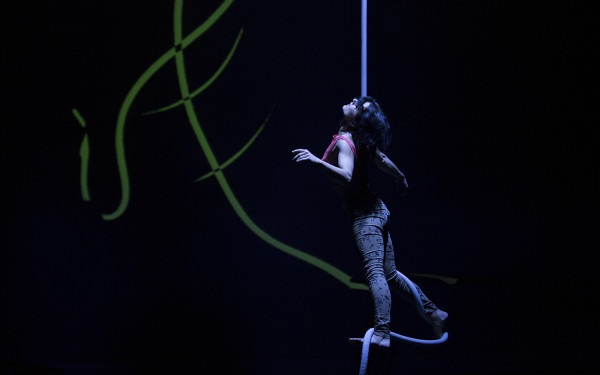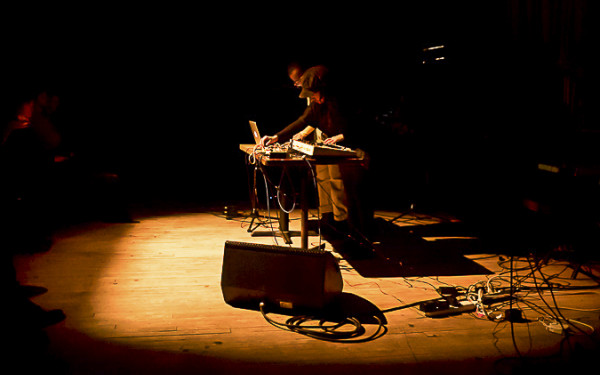Feminism Takes the Stage
“Revolution They Wrote:” Concordia’s Theatre Students to Launch Second Short Works Festival
A reading of a play about a young woman’s journey dealing with labels and sexuality. A theatrical piece about a 15th century countess who is remembered as one of the most prolific serial killers in the world. A monologue that touches upon women’s work being erased from history.
These are some of the stories taking stage at Concordia’s feminist theatre festival.
The second edition of Revolution They Wrote: Concordia’s Short Works Theatre Festival will take place in both Café Cleopatra and the Mainline Gallery from March 17 to March 20.
Emily Schon, the artistic director of the festival, came up with the concept when she felt there was not enough representation of women in her field.
“In the past four years, there have been 16 main-stage shows by the [Concordia] theatre department. Of those 16, maybe four have been by female play writers,” Schon said.
Although female directors have been doing better—directing ten of the 16 plays, according to Schon—she believes that it’s problematic when plays about women’s experiences are not written by women. She pointed out that this issue was not reserved to Concordia’s theatre department, but rather, is part of the theatre industry in general.
The festival also gives a platform to other underrepresented groups, such as people of colour and queer individuals.
“We’re trying to reach out and encourage people whose narratives aren’t told or aren’t represented in a respectful way,” Schon said. “We’re trying to encourage them to tell their own stories.
That’s really what our festival is about.”
Organizers made sure that the team of creators and performers was diverse, and not solely composed of white women.
As the artistic director, Schon’s role is to provide guidance and mentorship to the writers and directors of each piece. Her role as a mentor depends on the needs of each particular individual and artistic work. She emphasized the need for some creators to work without any supervision, but opportunities to do this are usually rare for theatre students working in university settings
.
Although the festival has received a grant from the Concordia Student Union, they are also trying to raise funds through an Indiegogo campaign to cover the remaining costs. Despite this, they plan to donate 50 per cent of the box office revenue to different charities and emerging artists in need.
We’re trying to reach out and encourage people whose narratives aren’t told or aren’t represented in a respectful way. We’re trying to encourage them to tell their own stories. That’s really what our festival is about.” – Emily Schon
Last year, the money was given to Queer Concordia to fund its binder project, which provides materials for trans men to bind their chest. Schon draws inspiration from The Vagina Monologues and other pieces that donate their box office gains to charities and artists as a tradition.
Schon and Calla Wright are the directors and creators of The Blood Countess, one of the plays at the festival. It tells the story of a 15th century noblewoman accused of killing anywhere from 70 to 650 people. The creators wanted to explore the ways in which powerful women are portrayed throughout history.
“Is this a case in which this woman was believed to have too much power and that’s why history has vilified her, or did she actually kill people?” Schon asked.
The directors also sought to touch upon some of the ways women are remembered in society’s collective memory—either as helpless victims, sexualized villains or completely de-sexed beings.
As for the future of the festival, she could see it becoming a professional pan-Canadian theatre company that focuses on combining the works of experienced and emerging artists through an intersectional feminist lens. She also likes the idea of stepping off the festival for it to become an institutional project taken on by Concordia.
Schon says the shows will be experimental and passionate—it will be the first time in the driver’s seat for many young artists. Above all, audiences can expect to be inspired, and have their horizons broadened.





